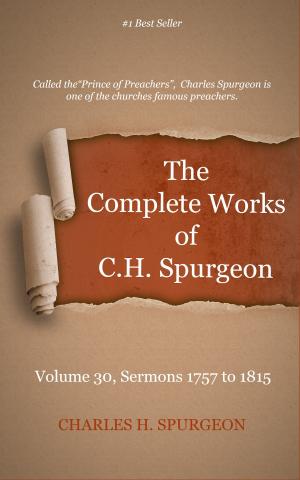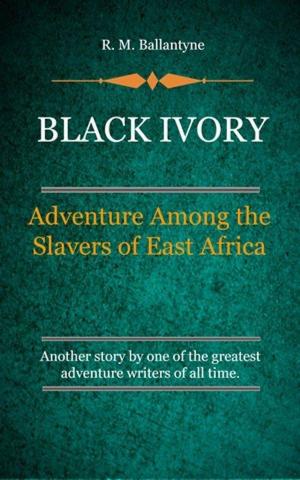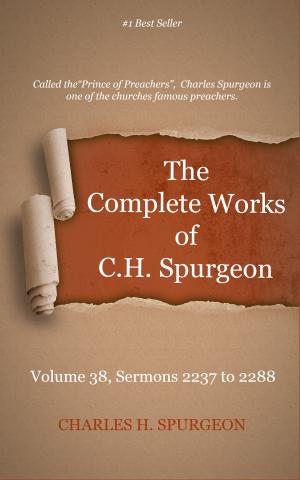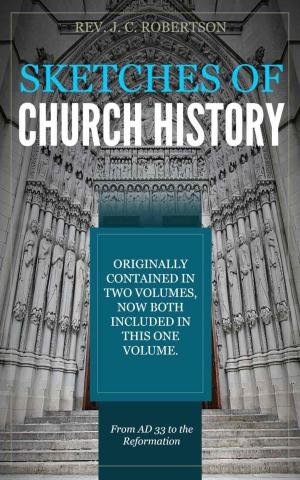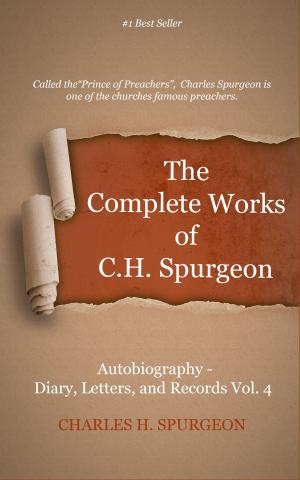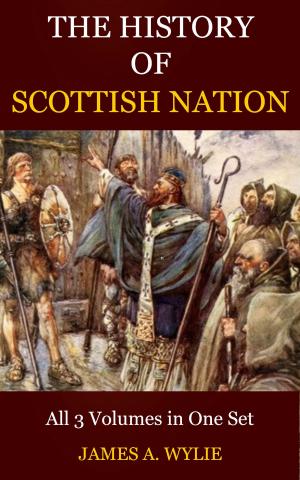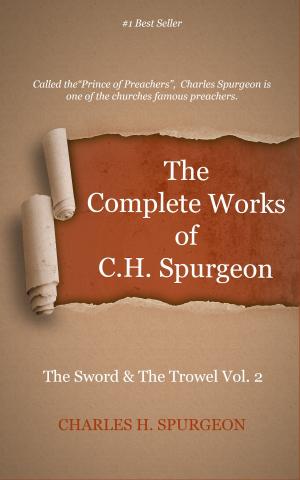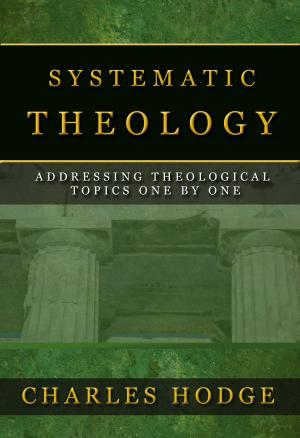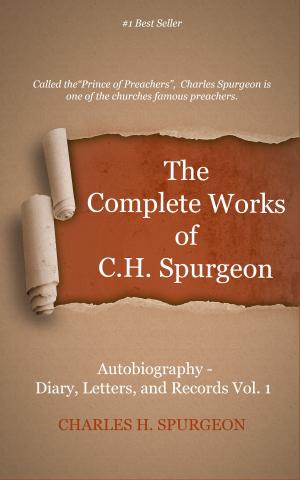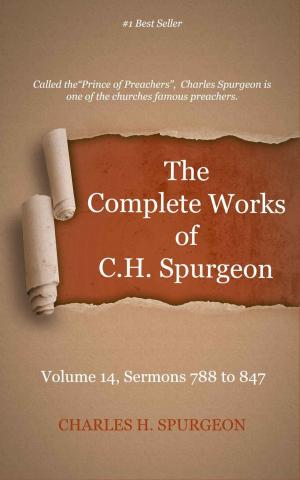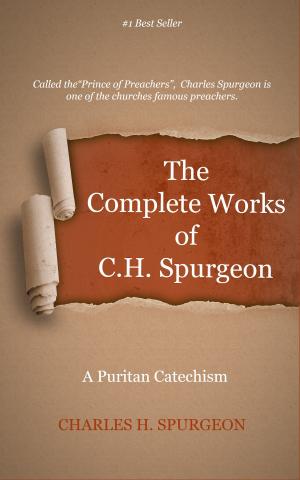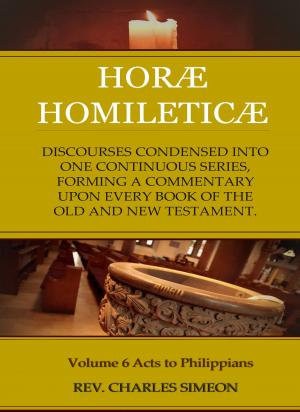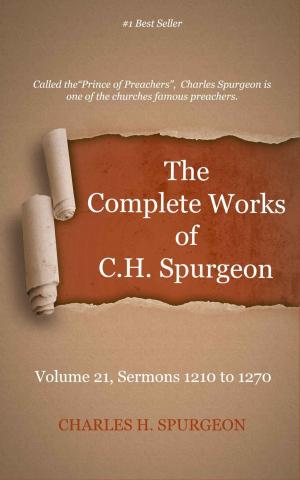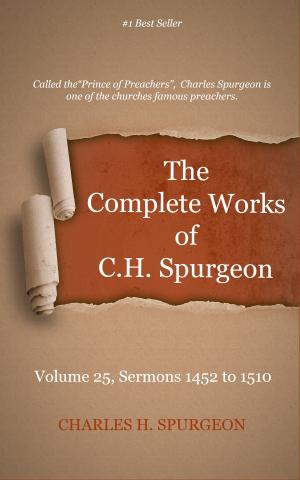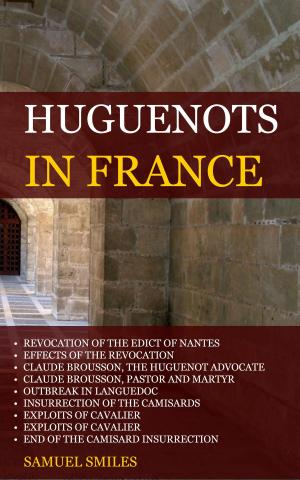Francis Asbury
Prophet of the Long Road
Nonfiction, Religion & Spirituality, Christianity, Christian Literature, Biography & Memoir, Religious, Christian Life| Author: | Tipple, Ezra Squier | ISBN: | 1230000295371 |
| Publisher: | Delmarva Publications, Inc. | Publication: | February 2, 2015 |
| Imprint: | Language: | English |
| Author: | Tipple, Ezra Squier |
| ISBN: | 1230000295371 |
| Publisher: | Delmarva Publications, Inc. |
| Publication: | February 2, 2015 |
| Imprint: | |
| Language: | English |
Francis Asbury (August 20, 1745 – March 31, 1816) was one of the first two bishops of the Methodist Episcopal Church in the United States. As a young man English-born Francis Asbury traveled to America after being asked by John Wesley. During his 45-year ministry in America he devoted his life to ministry, traveling on horseback or by carriage thousands of miles to faithfully deliver sermons to those living on the frontier. Bishop Asbury's tireless leadership helped spread Methodism in America. He was the single greatest person responsible for establishing the Methodist church in America. He also launched several schools during his lifetime. His journal also left a lasting legacy and is valuable to scholars for its account of frontier society, as well as giving insights into his personal life and ministry.
When Asbury arrived in America he climbed on the back of his horse and started riding and preaching the gospel. He never stopped riding and preaching across the land of America until the day he died. He never owned or even rented a house. Day and night, through rain or snow, he said, “I’ll never stop”. He continued saying, "No one will ever know my struggles, I am weary in body and mind”. He also said “All my earthly goods are reduced down to what I can fit in my saddle bags."
One of the typical prayers he would say, even on his way to America, was “Lord, we are in thy hands and in thy work. Thou knowest what is best of us and for thy work; whether plenty or poverty. The hearts of all men are in thy hands. If it is best for us and for thy church that we should be cramped and straitened, let the people’s hands and hearts be closed: If it is better for us; for the church,—and more to thy glory that we should abound in the comforts of life; do thou dispose the hearts of those we serve to give accordingly: and may we learn to be content whether we abound, or suffer need”
Within the first 17 days of being in the colonies, he had preached in Philadelphia and New York. During the first year he was Mr. Wesley’s assistant and preached in 25 different settlements. When the American War of Independence broke out in 1776, he was the only Methodist minister to remain in America. In 1784, John Wesley named Asbury and Thomas Coke as co-superintendents of the work in America. This marked the beginning of the "Methodist Episcopal Church of the USA". For the next 32 years, Asbury led all the Methodists in America.
His manner of life and his ceaseless activities throughout his long and distinguished ecclesiastical career were unmatched. He rose at five every morning to read the Bible, and preached almost every day and many times he delivered more than two or three sermons a day. It was said of him that he was “one of the wisest and most farseeing men of his day”.
Like Wesley, Asbury preached in myriad places: courthouses, public houses, tobacco houses, fields, public squares, wherever a crowd assembled to hear him. For the remainder of his life he rode an average of 6,000 miles each year, preaching virtually every day and conducting meetings and conferences. Under his direction, the church grew from 1,200 to 214,000 members and ordained 700 preachers. Among the men he ordained was Richard Allen in Philadelphia, the first black minister in the United States.
He lived in an exciting time in American history; Asbury was reported to be an extraordinary preacher. What more need be said of him after he had finished his course, having kept the faith, than was said of La Tour d'Auvergne, the warrior of Breton, fallen in battle, when his name was called and some comrade in arms who held him in loving remembrance, responded, 'Dead on the field'?
In this powerful and impressive biography, Ezra Tipple tells of the self-sacrificing life’s journey of Francis Asbury, the Prophet of the Long Road, who spared nothing in his zeal to bring the gospel to America.
Francis Asbury (August 20, 1745 – March 31, 1816) was one of the first two bishops of the Methodist Episcopal Church in the United States. As a young man English-born Francis Asbury traveled to America after being asked by John Wesley. During his 45-year ministry in America he devoted his life to ministry, traveling on horseback or by carriage thousands of miles to faithfully deliver sermons to those living on the frontier. Bishop Asbury's tireless leadership helped spread Methodism in America. He was the single greatest person responsible for establishing the Methodist church in America. He also launched several schools during his lifetime. His journal also left a lasting legacy and is valuable to scholars for its account of frontier society, as well as giving insights into his personal life and ministry.
When Asbury arrived in America he climbed on the back of his horse and started riding and preaching the gospel. He never stopped riding and preaching across the land of America until the day he died. He never owned or even rented a house. Day and night, through rain or snow, he said, “I’ll never stop”. He continued saying, "No one will ever know my struggles, I am weary in body and mind”. He also said “All my earthly goods are reduced down to what I can fit in my saddle bags."
One of the typical prayers he would say, even on his way to America, was “Lord, we are in thy hands and in thy work. Thou knowest what is best of us and for thy work; whether plenty or poverty. The hearts of all men are in thy hands. If it is best for us and for thy church that we should be cramped and straitened, let the people’s hands and hearts be closed: If it is better for us; for the church,—and more to thy glory that we should abound in the comforts of life; do thou dispose the hearts of those we serve to give accordingly: and may we learn to be content whether we abound, or suffer need”
Within the first 17 days of being in the colonies, he had preached in Philadelphia and New York. During the first year he was Mr. Wesley’s assistant and preached in 25 different settlements. When the American War of Independence broke out in 1776, he was the only Methodist minister to remain in America. In 1784, John Wesley named Asbury and Thomas Coke as co-superintendents of the work in America. This marked the beginning of the "Methodist Episcopal Church of the USA". For the next 32 years, Asbury led all the Methodists in America.
His manner of life and his ceaseless activities throughout his long and distinguished ecclesiastical career were unmatched. He rose at five every morning to read the Bible, and preached almost every day and many times he delivered more than two or three sermons a day. It was said of him that he was “one of the wisest and most farseeing men of his day”.
Like Wesley, Asbury preached in myriad places: courthouses, public houses, tobacco houses, fields, public squares, wherever a crowd assembled to hear him. For the remainder of his life he rode an average of 6,000 miles each year, preaching virtually every day and conducting meetings and conferences. Under his direction, the church grew from 1,200 to 214,000 members and ordained 700 preachers. Among the men he ordained was Richard Allen in Philadelphia, the first black minister in the United States.
He lived in an exciting time in American history; Asbury was reported to be an extraordinary preacher. What more need be said of him after he had finished his course, having kept the faith, than was said of La Tour d'Auvergne, the warrior of Breton, fallen in battle, when his name was called and some comrade in arms who held him in loving remembrance, responded, 'Dead on the field'?
In this powerful and impressive biography, Ezra Tipple tells of the self-sacrificing life’s journey of Francis Asbury, the Prophet of the Long Road, who spared nothing in his zeal to bring the gospel to America.

